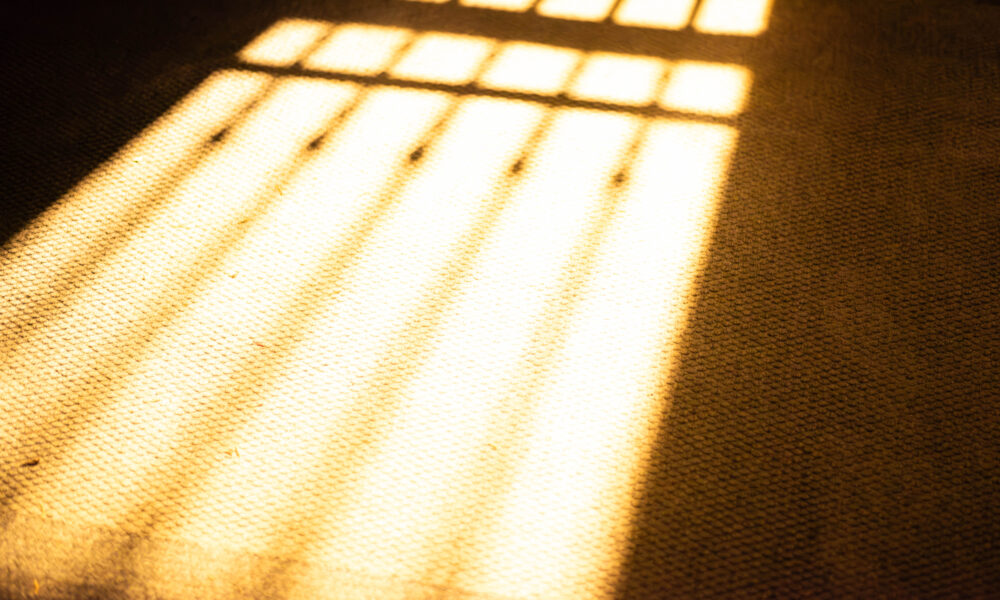Every February, like clockwork, literary institutions— mega-chain bookstores, Amazon, Oprah, and English departments—advertise the urgent necessity of reading a Black writer. Whether it’s Invisible Man, Omeros, or Things Fall Apart, these institutions commodify and repackage Black writers into a promise to the susceptible and well-intentioned reader. The hope? Upon turning the final page, you will be transformed, magically becoming more anti-racist. “Congratulations,” the end of the book reads, “you have tackled white supremacy one novel at a time.” The purpose? To strip Black writers of their insurgent politics and their visions for liberation.
This capitalist, imperialist, and institutional effort to aestheticize African, Caribbean, and Black diaspora literatures reveals an underlying problem: Erasing these authors’ longstanding solidarities with Palestine. In doing so, the Black-Palestinian struggle becomes something of the past, something accessed only through retrospection. Black writers understood these terms of conscientious engagement. Do not forget that in 2006, eight years after Toni Morrison published Paradise, a novel that critiques chauvinistic Black (and American) nationalisms on stolen, Indigenous lands, she co-wrote and signed a letter denouncing Israel’s liquidation of a Palestinian state. Hollowing anti-imperialism from Morrison and from the people and institutions that have sustained Black life, including Malcolm X, the Black Panthers, and Black Lives Matter, these historical accounts ignore the call of liberation. Almost 76 years after the Nakba and four months into Israel’s destruction of Palestinian archives, publishing houses, and universities, along with the killing of thousands of Palestinians in Gaza, we must refuse despair by returning to these Black and Palestinian cultural archives.
From the Americas to Israel, Black writers and Palestinian writers have a shared history of struggle against the inventions and imperialist projects of the West. Our narratives represent the need for a liberated poetics, one that returns poetry to its roots—that of making new worlds. This solidarity counters and reveals the violence that underwrites the nation-state, the language of “human animals,” the language of “Hamas-controlled Gaza,” the language of “Palestinian minors killed.” Dionne Brand’s poem “prologue for now – Gaza,” published on Oct. 27, exposes the insidious terror of the West’s coordination of this genocide, concluding “liberal democracy has entirely failed and failed to even hide its / fascisms / this narrow path of language / leads me here.” Invoking poetry’s truth against representative government’s fascism, Brand banishes the neocolonial present to envision an alternative future.
To write against American imperial formation and interventionist policy, Black women writers ground themselves in Palestine and urge their audiences to commit themselves to an anticolonial struggle not-yet-here. This is Audre Lorde’s historical imperative of “So it is better to speak / remembering / we were never meant to survive.” This is June Jordan inhabiting Palestinian self-determination through the Black woman’s body, “I was born a Black woman / and now / I am become a Palestinian /… / It is time to make our way home.” The collective vision of the plural first-person bonds reader and speaker as we move, openly and transformatively, toward a free Palestine.
These historical linkages speak to the uneasy transition between oppression and freedom for Black and Palestinian peoples. At the turn of the 20th-century, Black writers drew from our oral traditions—blues and jazz particularly—to impart embodied cultural knowledge on their readers and the next generation. Asserting the self against oppression adapted onto the line. So when Gazan poet Refaat Alareer circulated his “If I Must Die” before his murder, we hear echoes of Claude McKay in his poem “If We Must Die” after the 1919 Red Summer’s white supremacist terror and racial riots. Where Alareer’s speaker concludes, “If I must die / let it bring hope, / let it be a story,” McKay’s speaker ends, “Like men we’ll face the murderous, cowardly pack, / Pressed to the wall, dying, but fighting back!” Between the blazes in Gaza and American cities, 100 years indexes this allusion between the Harlem Renaissance and Alareer writing for life until an Israeli Defence Force airstrike killed him and his family, his brother, his nephew, his sister, and three of her children.
Our writers alone will not end this genocide. How do we close-read a bomb? Create rhythm from the screams? This cultural tradition of Black-Palestinian solidarity indispensably guides us against this unbearable form of life. Let our shared struggles be a story.








